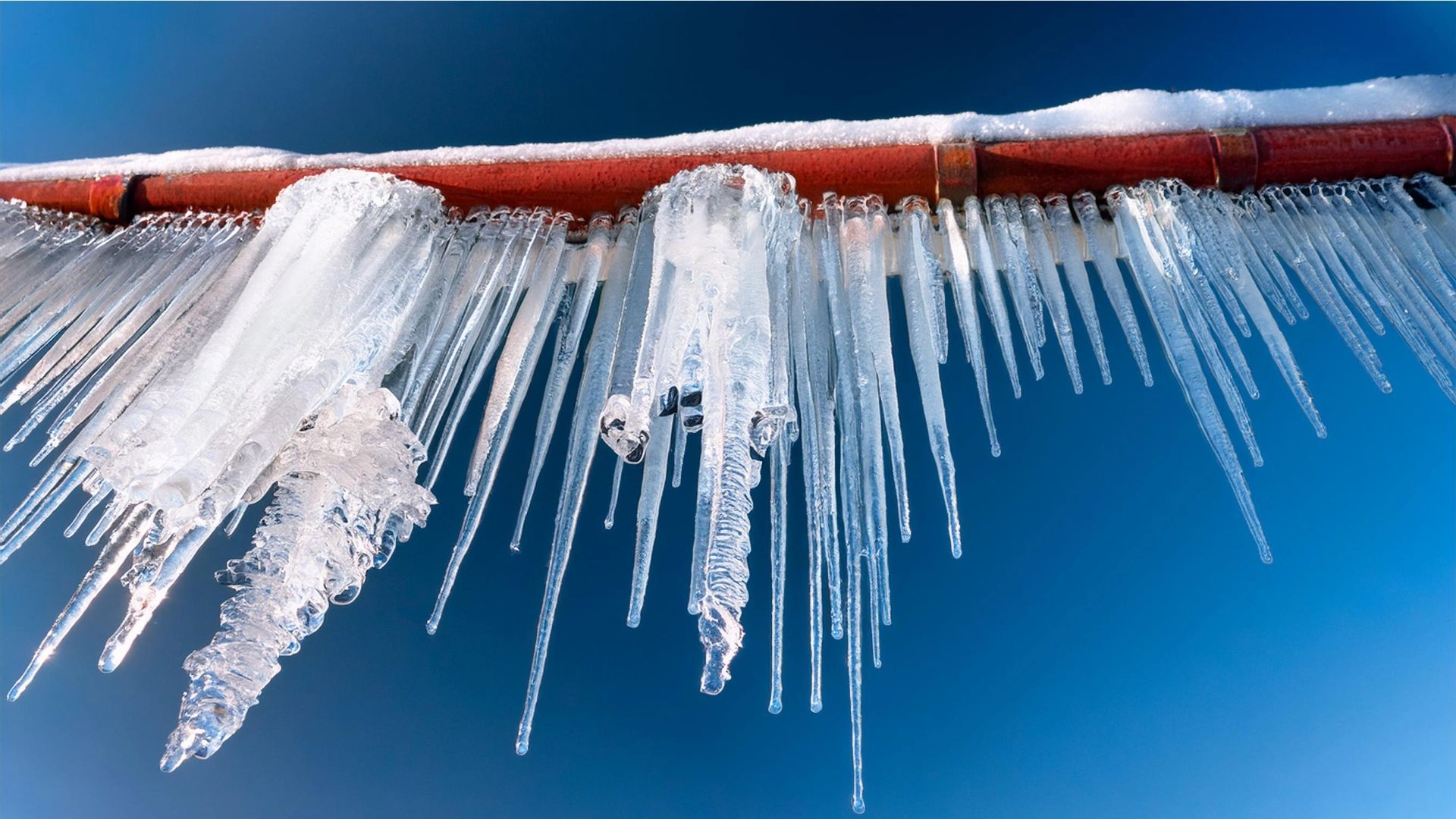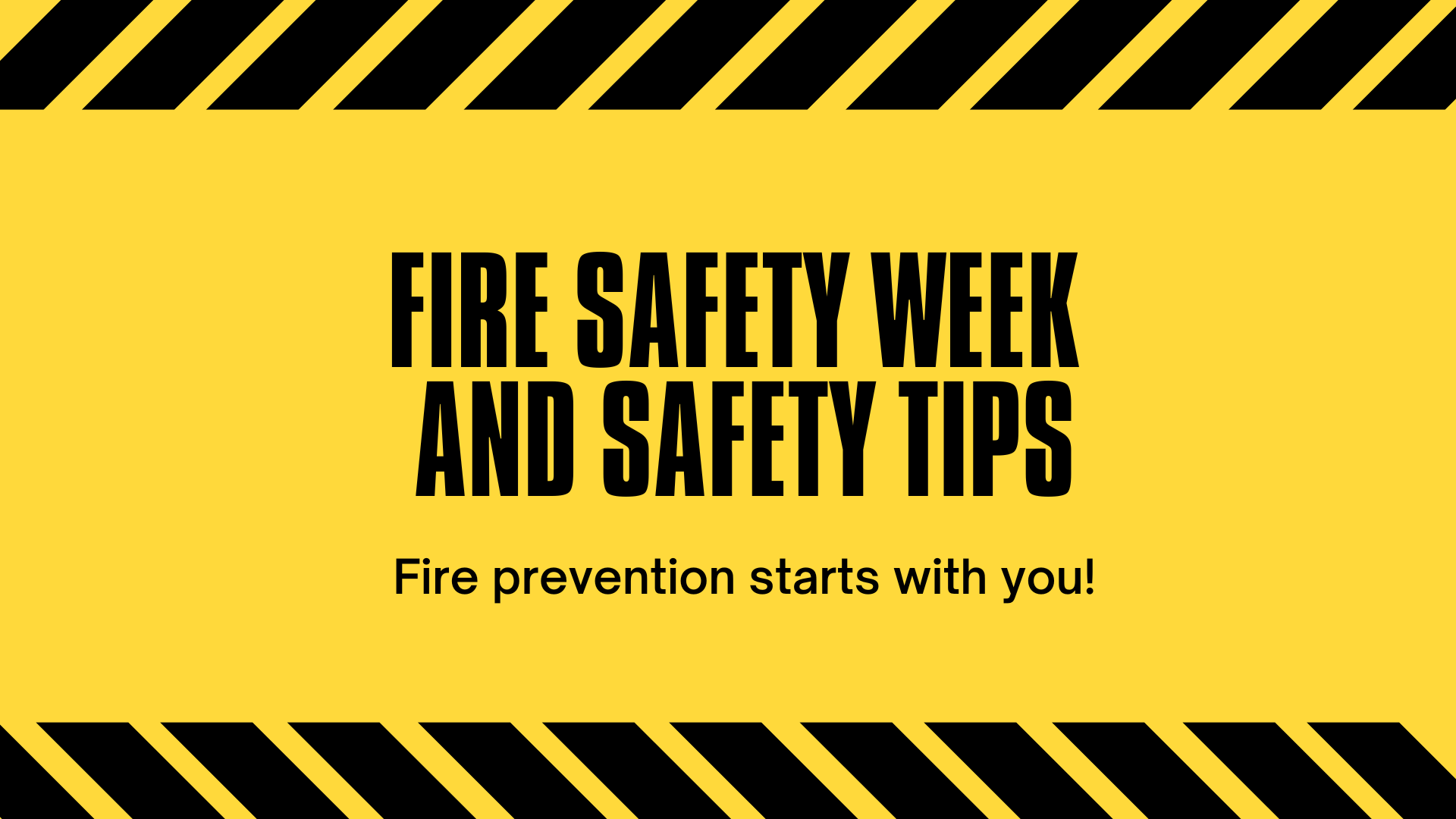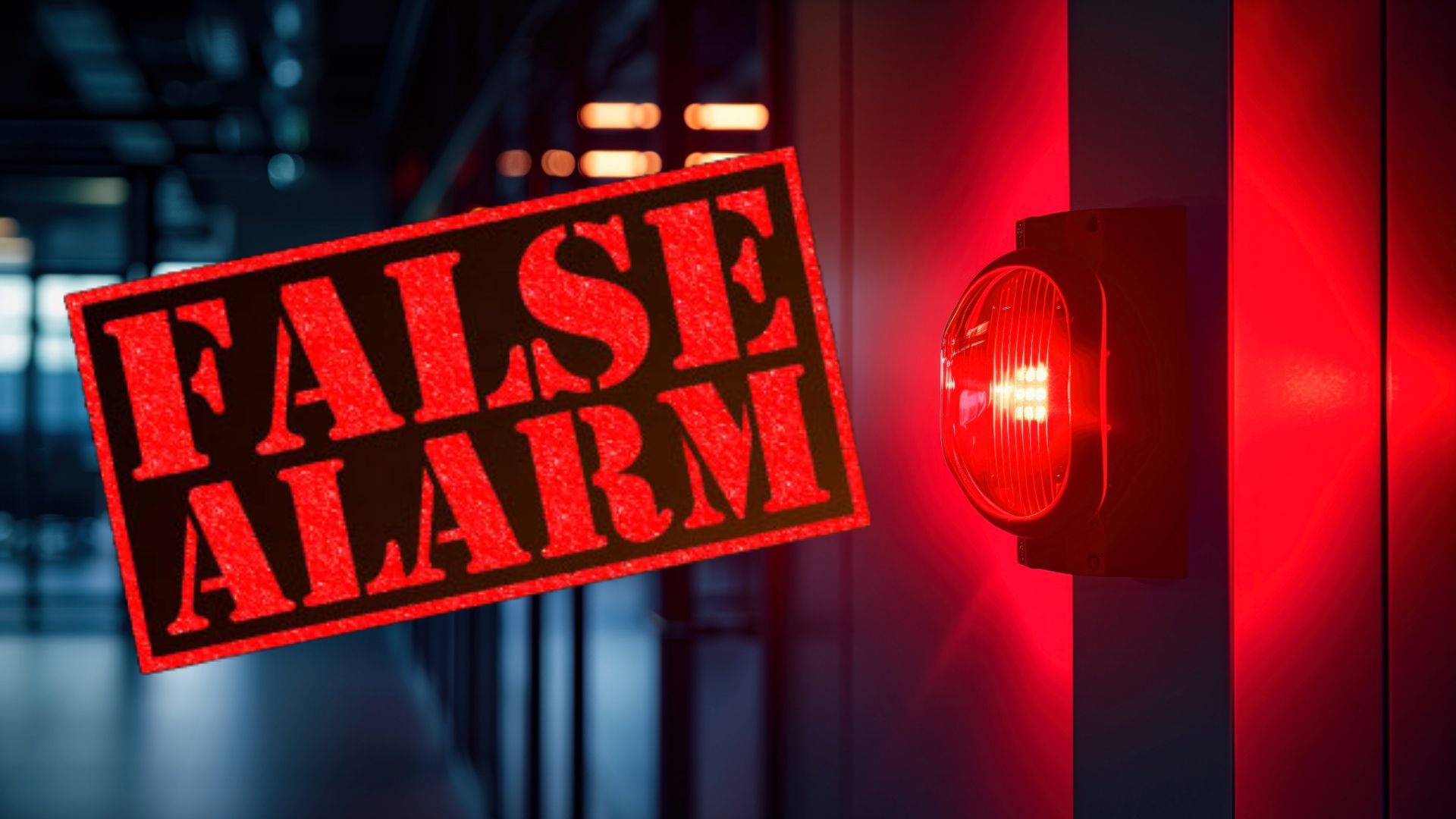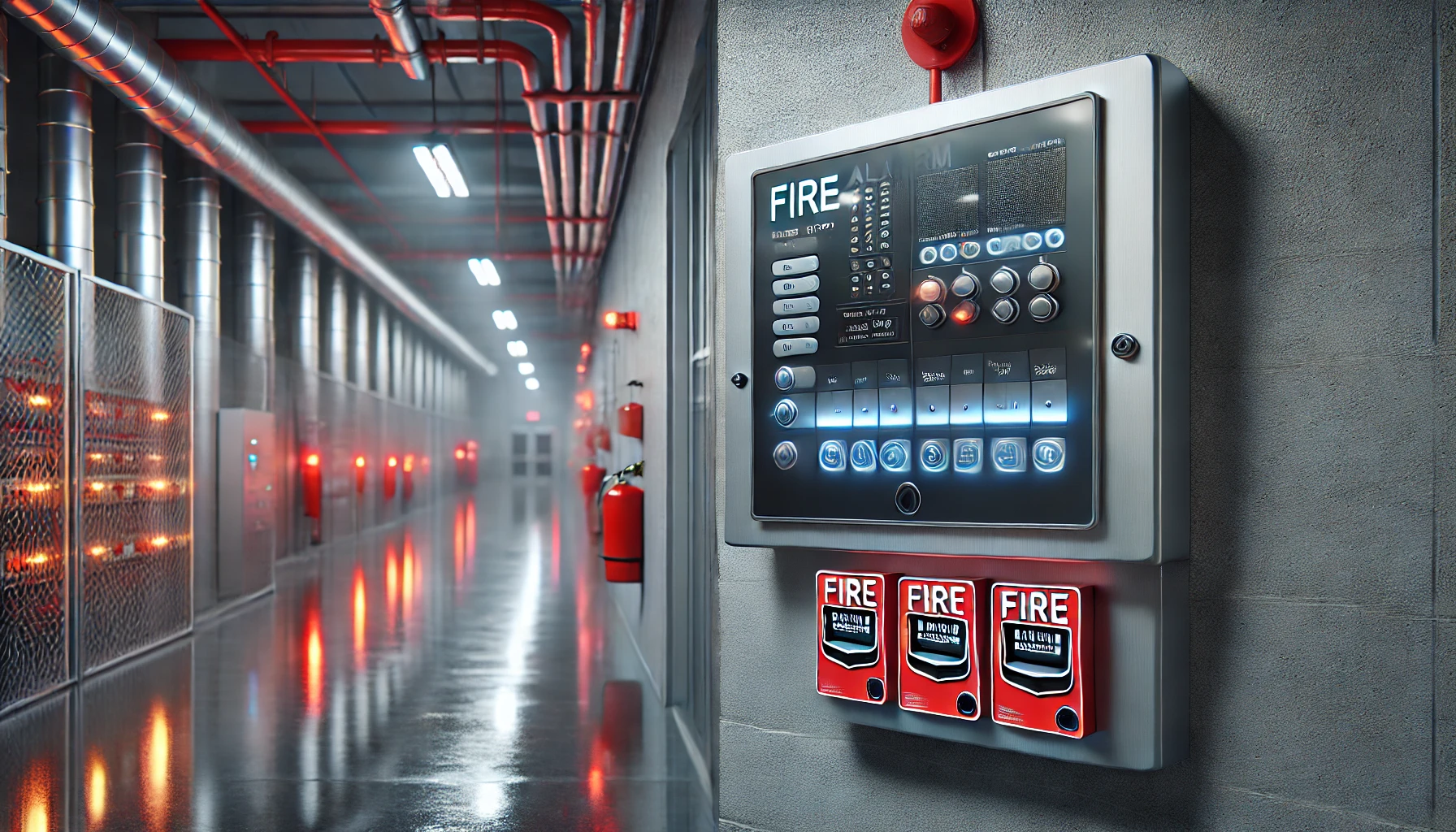Blog Layout
Do You Need a Commercial Fire Alarm Inspection?
Seth Kozlik
In Southern California, including Orange County, commercial properties must adhere to strict regulations regarding fire life safety systems. Regular fire alarm inspections are mandated by law to ensure that fire alarm systems are in proper working order and safeguarding lives in case of an emergency.
But what exactly goes into these inspections, and why are they so vital? Let’s dive deeper.
Compliance with Local Fire Codes
One of the most important reasons for regular fire alarm inspections is to ensure compliance with local and national fire codes. Failure to do so can result in penalties, fines, and in some cases, the temporary closure of the business until the issues are rectified.
Key indicators that a fire alarm needs an inspection
An annual fire alarm inspection schedule is not enough; always be aware of and request an inspection when these warning signs show:
- Unusual System Behavior: False alarms, sensors malfunctioning or a fire alarm system not activating properly could all be red flags that a commercial fire alarm inspection should be initiated.
- Customized Building Structure or Layout: If your commercial or residential property has or is undergoing any renovations, these structural changes can have an impact on the fire alarm systems proper functionality and they would need to be repositioned and recalibrated.
- Outdated Equipment: Every fire alarm system has a limited life span. If your system is over 10 to 15 years old, then now is a good time for a comprehensive inspection to ensure that your fire alarm systems are functioning at 100%.
Age consideration for commercial fire alarm inspections
The older the system, the more you should care.
- Below 5 years old: A fire alarm system below 5 years old is considered new and will be in mostly good working order.
- 5 to 10 years old: Environmental factors (such as the weather) and its usage will have an impact on systems within this age criteria.
- 10 to 15 years old: At this age, fire alarm systems are considered as mid range systems and will need more attention and maintenance for optimal performance.
- 15 to 20 years old: At this point, the system will be showing its age and will need more maintenance and care than its annual inspection.
- Over 20 years old: Once above 20 years old, commercial fire alarms are likely past their lifespan. Be aware, once your system reaches 20 years old and above, it is time to start planning for a new fire alarm installation.
Recommended Time of Year for Annual Inspections
While the NFPA does not mandate a specific time of year for annual fire alarm inspections, it is generally advised that businesses schedule their inspections during the first quarter of the year. By completing inspections early in the year (January to March), business owners can ensure compliance throughout the year and have ample time to address any issues that might arise during the inspection process.
Who Conducts Fire Alarm Inspections?
In most cases, fire alarm inspections are carried out by
local fire departments or authorized fire safety professionals such as Fire Testing Solutions. These professionals conduct detailed assessments of fire life safety systems to ensure they comply with the National Fire Protection Association (NFPA)
standards.
During these inspections, professionals assess the entire fire alarm system to ensure that all components are functioning properly. The goal is to identify any potential issues before they become critical failures that could compromise the safety of the building and its occupants.

By Seth Kozlik
•
November 12, 2024
In healthcare settings, fires can have devastating consequences due to the presence of vulnerable individuals, complex and expensive medical equipment, and valuable data. It is essential to develop a fire emergency plan that provides both prevention and rapid response measures to protect patients, staff, and property.

By Seth Kozlik
•
October 24, 2024
Business owners need to be extra cautious during the winter months, as heating systems like space heaters and central heating can malfunction when overworked, leading to fire hazards. The colder weather also pushes these systems to their limits, increasing the chances of fires in commercial buildings. Additionally, heating and electrical systems in businesses can experience overloads, and fire sprinkler systems, if not properly protected, may freeze. This leaves the building vulnerable, as frozen sprinklers won’t activate during a fire, potentially leading to severe damage. To avoid these risks, business owners must prepare their fire protection systems before winter. Regular inspections, maintenance, and testing ensure that systems, including fire sprinklers, remain fully operational, helping to safeguard the premises against fire hazards during the colder months.

By Seth Kozlik
•
October 19, 2024
Regular fire testing helps detect and fix issues before they lead to costly breakdowns or business interruptions. It ensures compliance with safety regulations, reduces risks, minimizes downtime, and prevents expensive repairs, keeping your business running smoothly and safely. Below are the 8 key factors business owners should consider. Early Detection of Issues Compliance with Regulations Ensures Operational Efficiency Prevents Expensive Repairs Minimizes Insurance Premiums Reduces Risk of Fire-Related Damages Improves Employee and Customer Safety Avoids Unplanned Downtime

By Seth Kozlik
•
October 12, 2024
As Fire Safety Week (October 6th to October 12th) comes to a close, the key messages about fire prevention and safety should continue to resonate throughout the year. Fire Safety Week , established by the National Fire Protection Association (NFPA) , is a reminder for building managers to prioritize fire safety every day, ensuring that commercial buildings remain safe from fire risks. Its origins date back to the Great Chicago Fire of 1871 , a catastrophic event that destroyed over 17,000 structures and resulted in approximately 300 deaths. In response, the NFPA established Fire Prevention Week to highlight the importance of fire safety, especially in urban areas with dense populations and high-risk buildings. Educating building managers about fire life safety systems—such as fire sprinkler system inspections, fire alarm inspections, and fire extinguisher inspections—helps mitigate the risks of fire-related accidents.

By Seth Kozlik
•
September 27, 2024
Fire alarm maintenance plays a vital role in ensuring your fire alarm system is functioning properly and reduces the chances of a false alarm being triggered on your property. A false alarm can quickly become a major headache for both property managers and tenants. Constant Disruption: False alarms repeatedly interrupt tenants' lives, leading to complaints, evacuations, and damage to your property’s reputation. Lost Productivity: Each false alarm disrupts business operations, causing downtime, lost revenue, and unnecessary chaos on your property. Tenant Dissatisfaction: Tenants quickly lose patience with frequent false alarms, leading to increased tension and a higher likelihood of lease termination or negative reviews. Emergency Service Fees: Every unnecessary dispatch of fire services due to a false alarm can result in costly fines and fees from local authorities. Increased Liability: Frequent false alarms can lead to complacency, where tenants and staff ignore real emergencies, putting lives and property at risk. Costly Repairs: Over time, false alarms indicate potential deeper system failures, which could result in major repair bills if not addressed through proper maintenance. Compliance Nightmares: Repeated false alarms could result in non-compliance with fire safety regulations, leading to inspections, fines, and potential legal action.

Fire Testing Solutions is a life safety services company dedicated to protecting lives and property through comprehensive fire alarm & security system testing, installation, and monitoring services. Proudly serving Southern California.

